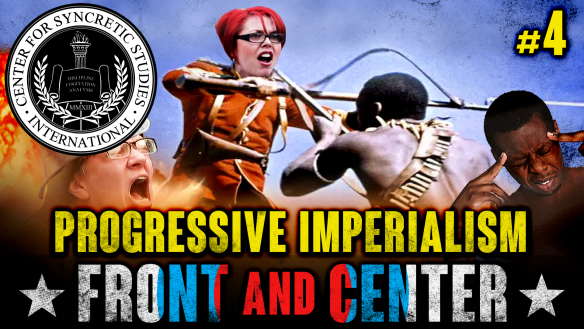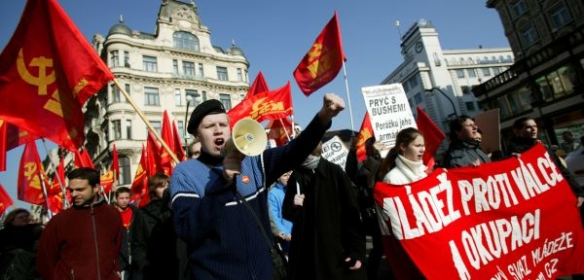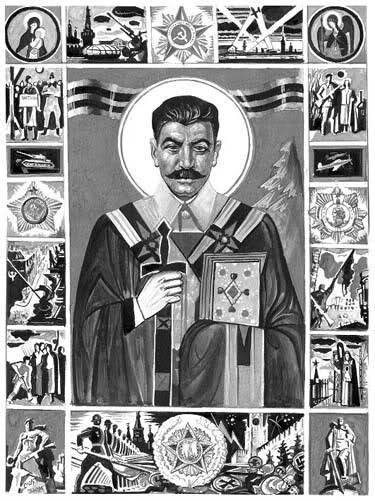
Tim Kirby, ideological director at the Center, and Joaquin Flores, director at the Center, debate what the ins and outs of ‘Progressive Imperialism’. Kirby poses the question to Flores “How are progressives being used for imperialism?”
Flores tries to deconstruct the phenomenon, beginning by talking about how the Atlantic Council has ‘deployed’ a series of progressive journalists recently to write hit pieces on the Center. Flores and Kirby move towards deconstruction the psychological, sociological, and geopolitical factors behind this phenomenon. What emerges is quite interesting: Progressive institutions which have arisen in more recent decades, have re-written history.
While ‘progressive’ reforms in the US were sometimes supported by progressives, in reality they were fought for by much more militant and grass-roots people and movements, who had broader visions and who were hardly in-league with US imperialism. Far from it, they were its most ardent opponents.
The US has successfully transformed its narrative into one which co-opts the struggle against the US ruling class itself, and weaponized into a tool – a legitimating ideology – which lures in and convinces progressives from other countries, primarily peripheral to Europe and in the post-communist world.
This is where Human Rights Imperialism recruits its most ardent foot soldiers from – those who do not really understand the America story from a really American working-class or grass-roots perspective, and are only really exposed to the narrative of its progressive institutions.


 By: Alexander Gegalchiy – translated by Jafe Arnold
By: Alexander Gegalchiy – translated by Jafe Arnold
 By: Dr. Eduard Popov – translated by Jafe Arnold
By: Dr. Eduard Popov – translated by Jafe Arnold
